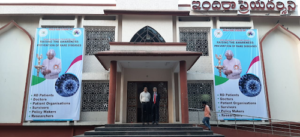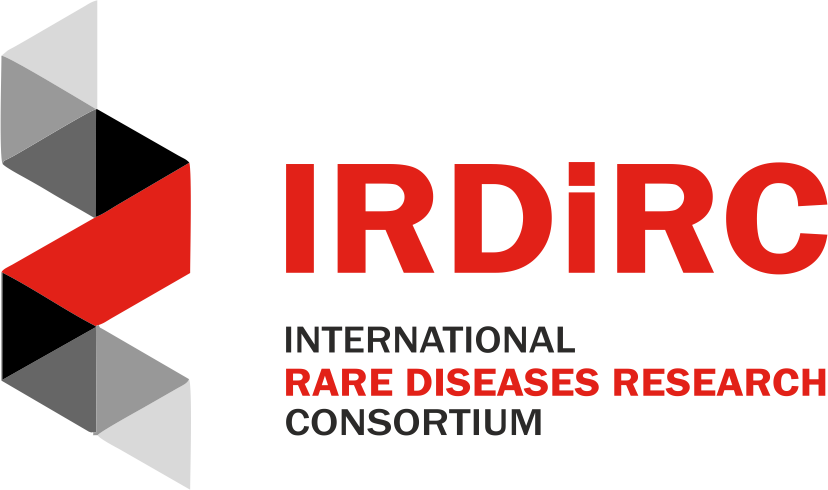You are not alone as we all are one!

The Indian Organisation for Rare Diseases (IORD) ‘Raising the Awareness: Prevention of Rare Diseases’ conference in Hyderabad, on the World Rare Disease Day 2020 saw the participation of different stakeholders. While inaugurating the IORD’s conference Eatela Rajender, Minister of Medical & Health and Family Welfare, Telangana state reiterated the government’s committed support to the cause of Rare Disease prevention by making available prenatal diagnostic testing facilities at 42 centres for early diagnosis.
“Shortly, the Telangana government will also roll out mobile diagnostic prenatal diagnostic testing facilities”
Eatela Rajender
While highlighting the issue of consanguineous marriages and its link with rare diseases, he called for systemic social change to tackle its fallout and sought active participation of private players to contribute to the cause of rare disease awareness & prevention.
Delivering the keynote address, IORD CEO and President Dr. Ramaiah Muthyala, appealed for a special extension of Arogyasri health insurance scheme for patients for an estimated 20-lakh RD patients suffering from rare diseases in Telangana.
“The government can actively promote the manufacturing of orphan drugs for rare disease patients by providing incentives to pharmaceutical companies. It should also allow them to take up repurposing of drugs that help rare disease patients find a cure with existing drugs”
Dr. Ramaiah Muthyala
In her address, Dr K Gayatri, IORD vice president, pointed out the role of collective responsibility for prevention and awareness about rare diseases, especially those that have an abnormal genetic link. Representing the Central Drugs Standard Control Organization – the national regulatory body for Indian pharmaceuticals and medical devices – Ms Annam Visala, Deputy Drugs Controller (I), said that a clear definition of what constitutes a rare disease is still eluding in India: “However, under a new regulation, orphan drugs can be manufactured now in India if the disease population is 5 lakh”. It is significant to note that the classification of any drug as an orphan drug enables pharmaceutical companies to waive off mandatory clinical trials.

